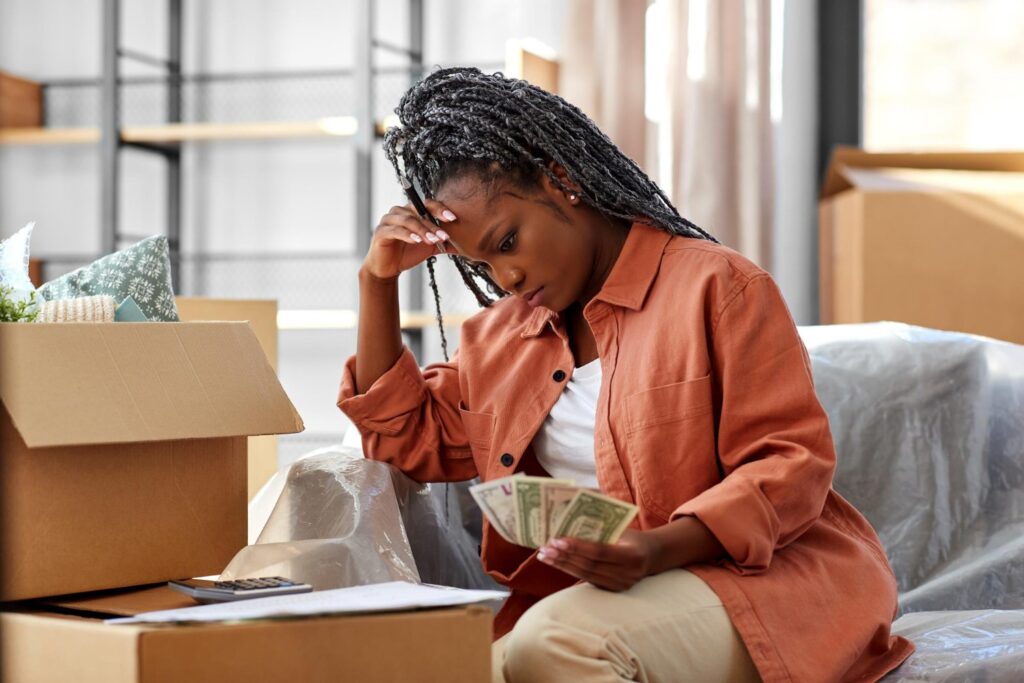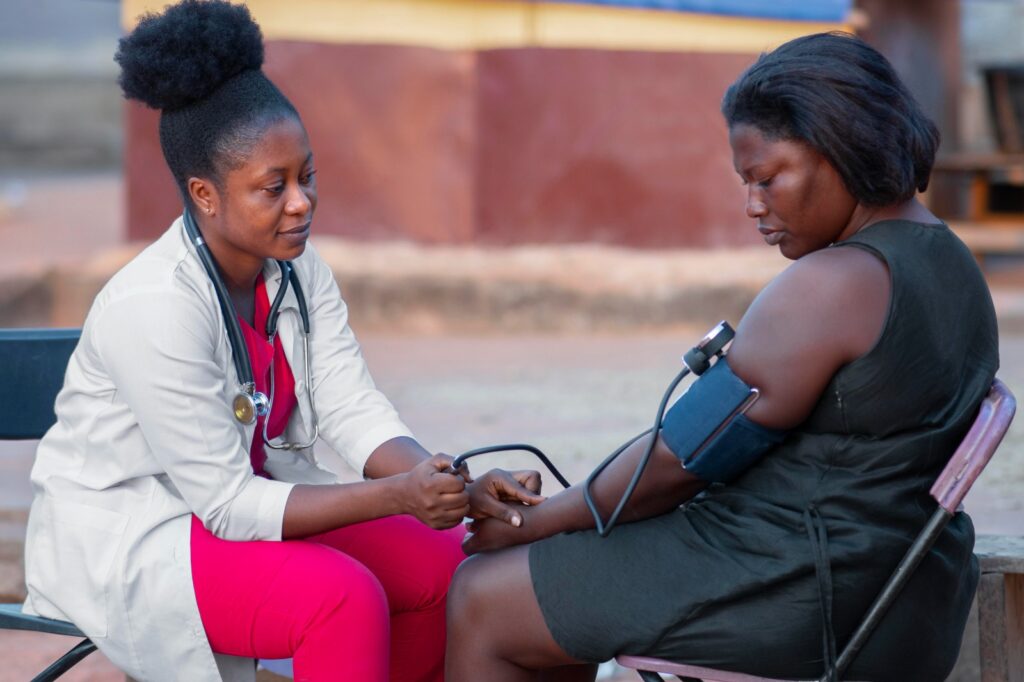Introduction
Economic dependence plays a huge role in domestic violence, often keeping victims stuck in abusive relationships because they don’t have the financial means to leave. When someone is economically dependent, they rely entirely on their partner for money to cover essentials like housing, food, healthcare, and transportation. Without their own income or savings, walking away from an abusive situation becomes incredibly difficult.
Money holds power, and in many relationships, the person who controls the finances also controls the household. In abusive relationships, financial dependence can turn into a tool for manipulation. Abusers often use money as a way to keep their partners trapped—limiting access to bank accounts, preventing them from working, or even giving them just enough money to survive but never enough to gain independence. This kind of financial control makes it even harder for victims to leave.
Imagine being in a relationship where you have to ask your abuser for money just to buy food, pay for transportation, or get medical care. Now imagine knowing that if you try to leave, you have nowhere to go, no money to support yourself, and no way to provide for your children. That’s the reality for many people facing domestic violence. One of the biggest concerns for victims isn’t just escaping the abuse, it’s figuring out how they will survive afterward. The thought of being homeless or unable to feed their kids forces many to stay, enduring the abuse because they literally can’t afford to leave.
For abusers, financial control is a way to maintain power. Knowing that their partner has no financial freedom gives them confidence, reinforcing their dominance. Some abusers even go as far as sabotaging job opportunities or making sure their partner never learns basic financial skills, just to keep them dependent. This isn’t just about money, it’s about control.
Breaking free from economic dependence is tough, but it’s possible with the right support. Financial assistance programs, shelters, job training, and legal protections all play a crucial role in helping victims regain independence. Teaching financial literacy and creating more opportunities for economic empowerment can also prevent people from becoming trapped in these situations in the first place.









